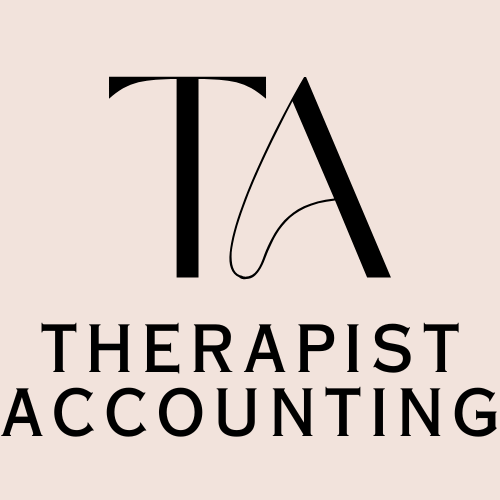As a therapist running your own practice, completing your Self-Assessment doesn’t need to be stressful. Here’s your streamlined guide.
1. Do You Have To File?
If you earned over £1,000 from your therapeutic services (e.g., counselling, coaching, workshops), you must file a Self-Assessment return—even if that income falls below your tax-free Personal Allowance. The requirement remains regardless, and penalties still apply for late filing
2. Registration & Filing Essentials
Register for Self-Assessment by 5 October after the end of the tax year to receive your UTR and set up your HMRC online account. Use SA100 plus self-employment supplementary pages (SA103S or SA103F, depending on turnover).
3. What to Record
-
Income: Fees from therapy sessions, online content, or group workshops.
-
Allowable expenses: Include professional indemnity insurance, training courses, client resources, marketing, and home-office costs if applicable UK Tax.
-
Profit and NICs: Deduct expenses from income to find profit, then account for Class 2 and Class 4 NIC contributions GOV.UKThe Scottish Sun.
4. Deadlines & Consequences
-
Register by 5 October (if new).
-
31 January: Online filing and tax payment due.
-
Late or missed submissions trigger fines—starting at £100 and escalating over time The SunMaPSMoneyWeek.
5. Keep Records & Seek Help
Keep documentation—such as session logs, receipts, and expense records—even though HMRC doesn’t ask you to submit them with your return GOV.UKGOV.UK Assets. If preparing your return feels complex or you’d like peace of mind, our accounting service can ensure it’s done correctly, reclaim all entitled reliefs, and help you get your tax obligations sorted stress-free.
